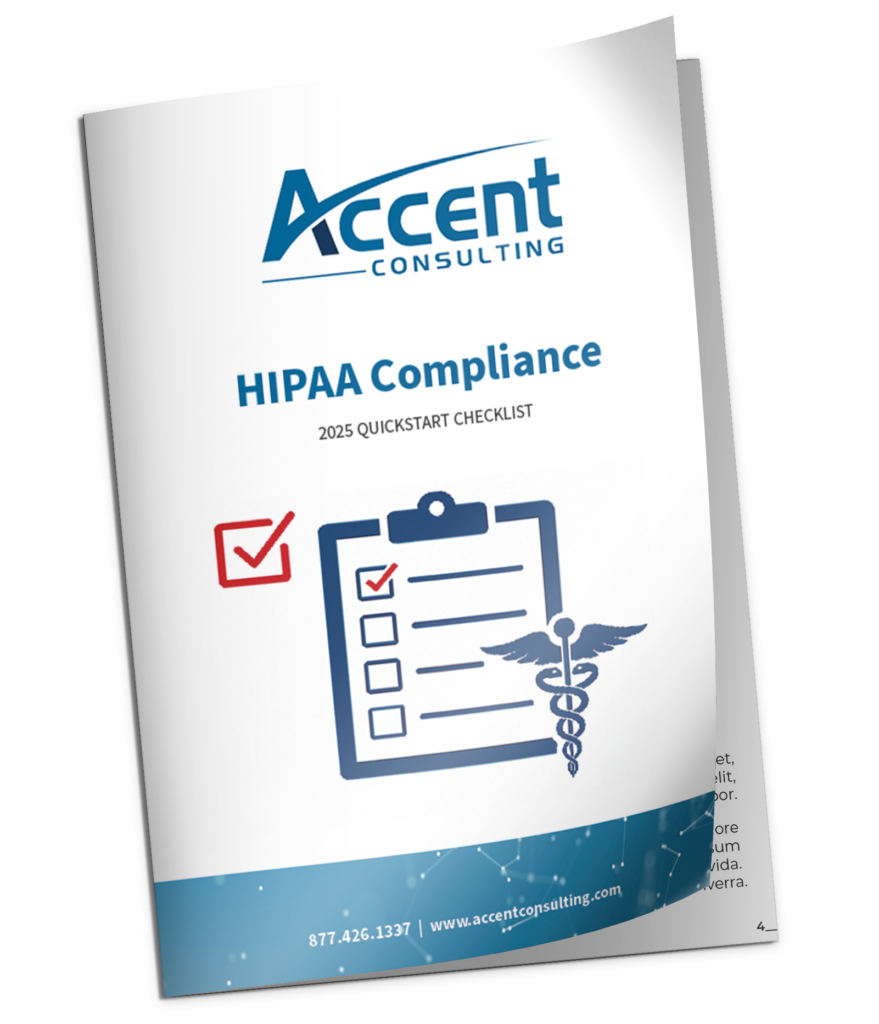HIPAA Compliance in 2025: What’s Changing & How to Stay Secure
Published: April 2, 2025
HIPAA regulations are changing in 2025, and if your business handles patient data—Whether you’re a healthcare provider, insurance company, or a vendor working with healthcare data these changes directly affect you.
Ignoring these updates could mean steep fines, reputational damage, and even criminal penalties, so it’s critical to understand what’s coming and how to prepare.
Short on Time? Listen Instead!
Short on Time? Listen Instead!
Why Are HIPAA Rules Changing in 2025?
The rise in healthcare data breaches and the expanding use of third-party vendors have led regulators to strengthen data protection standards. The goals of the 2025 changes are to limit who has access to patient data, ensure faster breach response, increase accountability around data security, and make patient data requests faster and easier.
Source: hipaajournal.com
What Are the Biggest HIPAA Changes for 2025?
1. Stricter Access Control for Patient Data
Not everyone in an organization should have access to Protected Health Information (PHI). So, businesses must limit access by job role to reduce exposure risk, remove inactive accounts quickly and track every data access attempt so suspicious activity can be identified faster.
Why This Matters: Unauthorized access—even by employees—has been a leading cause of HIPAA violations in recent years.
2. Faster Breach Notification Requirements
When a data breach occurs, businesses now have half the time to notify affected patients—only 15 days, rather than the previous 30-day requirement. Documentation of investigation and response steps is crucial here, as major breaches must be reported to HHS faster, so that corrective action can be taken.
Key Takeaway: The shorter timeline means businesses must have rapid response plans in place to avoid penalties.
3. Expanded Vendor Accountability
Third-party vendors handling patient data, such as IT providers, cloud services, and billing companies) are now under stricter scrutiny and must also remain HIPAA compliant. This means companies are responsible for their vendors’ HIPAA compliance, which makes vendor selection more critical than ever.
Risk Alert: If a vendor mishandles PHI, your business is still liable—even if you didn’t cause the breach.
4. Stronger Cybersecurity Requirements for Hybrid & Remote Work
As more organizations adopt hybrid and remote work environments, HIPAA has updated its guidelines to emphasize stricter security measures for off-site access. Businesses are now expected to implement stronger login authentication processes, ensure encrypted communication for remote employees, and closely monitor cloud-based access to patient records. These steps are designed to mitigate the growing risks associated with remote data access a
Did You Know?: Ransomware attacks on healthcare providers increased by 128% in 2024
5. Higher Penalties for Violations
Fines for HIPAA violations in 2025 have increased by more than 40% across all tiers—even for accidental or first-time breaches. Stricter enforcement measures for repeat offenders are now in play and criminal charges for severe neglect or intentional violations can be filed. As such, it’s critical to understand if your standard practices are still keeping your team compliant.
Real-World Example : In 2024, a single HIPAA violation cost a healthcare provider $1.3 million due to improper data access.
What Happens if You Don’t Comply with HIPAA Regulations?
Failing to meet these new HIPAA standards isn’t just about compliance—it has real-world consequences. For instance:
- HIPAA violations can result in criminal fines of up to $250,000 per individual
- Required public breach notifications that can damage your reputation
- Lawsuits from patients whose data was compromised
- Potential criminal penalties for intentional or reckless violations
This is why proactive compliance is critical for businesses handling patient data.
Prepare for 2025 with Confidence
The HIPAA changes for 2025 are designed to better protect patient data, but they also place more responsibility on your business. With higher fines, faster timelines, and stricter vendor oversight, now is the time to review your compliance strategy.
HIPAA violations in 2025 will come with:
- HIPAA security audits
- Staff training programs
- Vendor risk management solutions
- Secure IT infrastructure tailored for healthcare
What Businesses Need To Know HIPAA
Any business that handles or stores patient data—including healthcare providers, insurers, and vendors like IT support companies—must follow HIPAA. If you work with medical records, billing data, or patient health information, these changes apply to you.
Yes. Whether you’re a small practice, a local pharmacy, or a vendor providing IT services to healthcare organizations, you are required to comply if you handle patient data.
To stay compliant:
• Update your HIPAA policies to match the new rules.
• Conduct regular risk assessments to catch vulnerabilities.
• Train employees on data handling and security best practices.
• Review and strengthen vendor agreements.
• Work with a trusted IT partner to secure your systems.
If a vendor mishandles patient data, your business can still be held responsible. That’s why vetting vendors and regularly auditing them is critical under the 2025 changes.
Accent Consulting works with healthcare providers and their vendors to:
• Conduct HIPAA audits and risk assessments.
• Implement secure IT systems that meet HIPAA standards.
• Provide ongoing staff training on HIPAA and cybersecurity.
• Help you monitor and audit third-party vendors to reduce your risk
Reach Out To Cyber Secure Your Business
Recent Posts
-
 Accent Consulting Named to CRN’s 2025 MSP 500 List – A Leader in IT ExcellenceFebruary 18, 2025/0 Comments
Accent Consulting Named to CRN’s 2025 MSP 500 List – A Leader in IT ExcellenceFebruary 18, 2025/0 Comments -
 DeepSeek: Unlocking the Future of Business Decision-MakingJanuary 30, 2025/
DeepSeek: Unlocking the Future of Business Decision-MakingJanuary 30, 2025/ -
 How Local IT Support Powers Ag Business Success in IndianaJanuary 16, 2025/
How Local IT Support Powers Ag Business Success in IndianaJanuary 16, 2025/ -
 Transform Your Business in 2025: 5 Must-Have Tech ResolutionsJanuary 6, 2025/
Transform Your Business in 2025: 5 Must-Have Tech ResolutionsJanuary 6, 2025/ -
 Accent Consulting’s Annual Holiday Party 2024December 11, 2024/
Accent Consulting’s Annual Holiday Party 2024December 11, 2024/ -
 AI-Driven Phishing Scams: How Businesses Can Protect Gmail AccountsNovember 14, 2024/
AI-Driven Phishing Scams: How Businesses Can Protect Gmail AccountsNovember 14, 2024/ -

HIPAA Compliance Checklist
In a world where cyberattacks continue to evolve in frequency and sophistication, ensuring your business is HIPAA compliant should be at the top of your list.
Download our HIPAA Checklist to help you guage where you are at and what you still need to become compliant.



